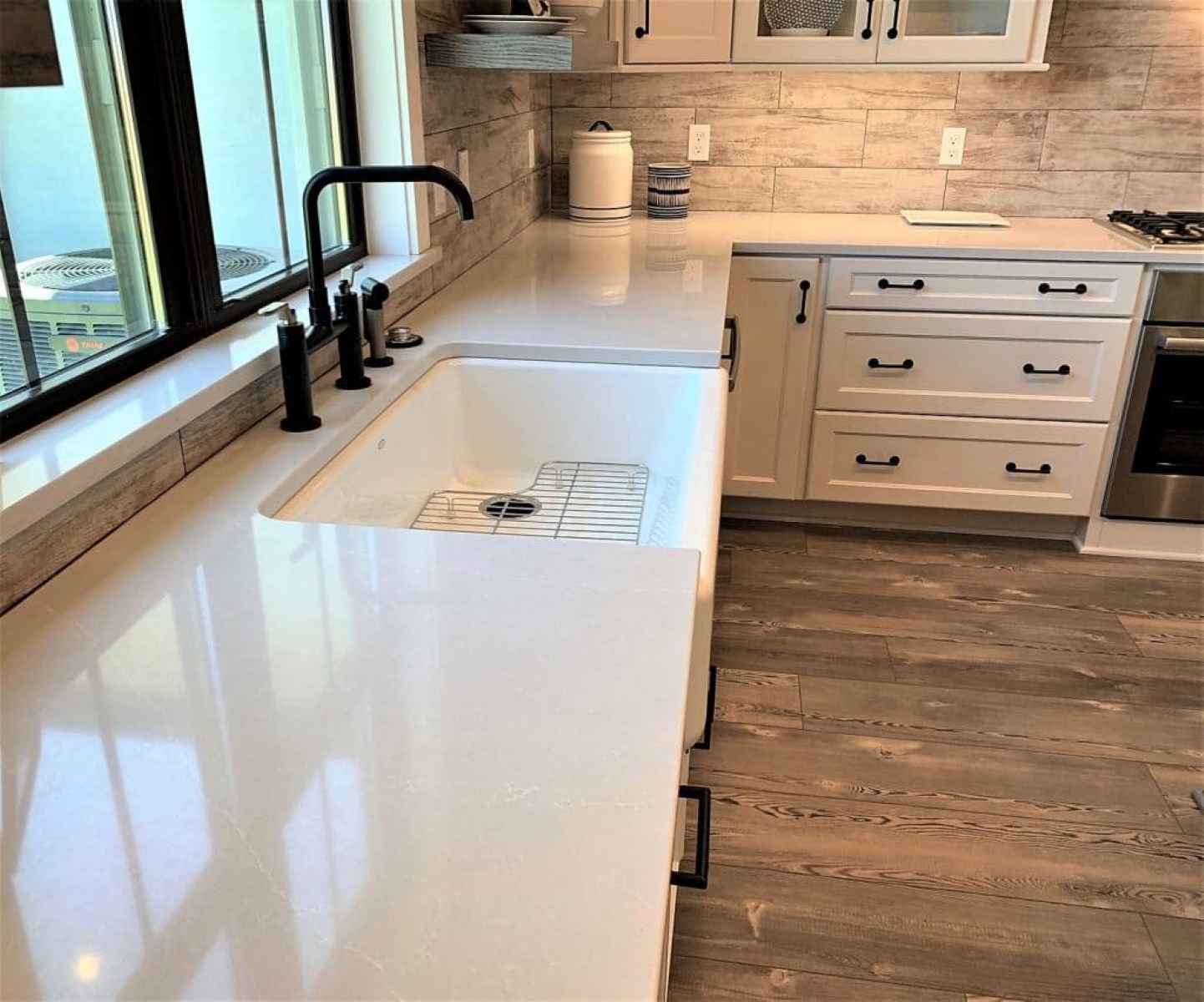

Articles
What Is Quartz Countertops Made From
Modified: January 19, 2024
Discover what quartz countertops are made from and learn why they are a popular choice for kitchens and bathrooms. Read our informative articles now!
(Many of the links in this article redirect to a specific reviewed product. Your purchase of these products through affiliate links helps to generate commission for Storables.com, at no extra cost. Learn more)
Introduction
When it comes to kitchen and bathroom renovations, one key element that can completely transform the space is the choice of countertops. Among the various options available, quartz countertops have gained significant popularity in recent years. These sleek and stylish surfaces offer a blend of durability, low maintenance, and aesthetic appeal that make them a preferred choice for homeowners and designers alike.
But what exactly are quartz countertops made from? In this article, we will delve into the composition, manufacturing process, benefits, and versatility of quartz countertops. So, let’s dive in and explore the fascinating world of quartz countertops!
Key Takeaways:
- Quartz countertops are engineered from a blend of quartz, resins, and pigments, offering durability, heat resistance, and a wide range of aesthetic options. They provide a low-maintenance and stylish solution for kitchen and bathroom surfaces.
- When compared to other materials like granite, marble, solid surface, and laminate, quartz countertops stand out for their consistent color, pattern, and performance. They offer a durable, versatile, and visually appealing choice for residential and commercial applications.
Read more: How Are Quartz Countertops Made
Composition of Quartz Countertops
Quartz countertops, also known as engineered stone countertops, are made from a combination of quartz, resins, and pigments. Let’s take a closer look at each component:
- Engineered Stone: Quartz countertops are categorized as engineered stone surfaces because they are not cut directly from natural stone blocks like granite or marble. Instead, they are manufactured to mimic the look of natural stone while offering enhanced durability and consistency in color and pattern.
- Quartz: Quartz, the primary component of these countertops, is a naturally occurring mineral that is abundant in the Earth’s crust. It is known for its hardness and strength, making it an ideal material for countertops. The quartz used in these surfaces is finely ground and mixed with other ingredients to create a uniform texture.
- Resins: To bind the quartz particles together, a combination of resins is added to the mix. These resins act as a bonding agent, creating a solid and durable surface. The most commonly used types of resins in quartz countertops are polyester and epoxy resins.
- Pigments: To achieve a wide range of colors and patterns, pigments are added to the quartz and resin mixture. These pigments allow manufacturers to create countertops that range from subtle neutral shades to vibrant hues, giving homeowners ample options to match their overall design aesthetic.
The precise composition of quartz countertops may vary slightly depending on the manufacturer and specific product line. However, the combination of quartz, resins, and pigments remains consistent across all engineered stone surfaces. This careful blend of materials ensures the durability, strength, and aesthetic appeal that quartz countertops are renowned for.
Manufacturing Process
The manufacturing process of quartz countertops involves several stages, each essential in creating a high-quality and durable surface. Let’s explore the step-by-step process:
- Mixing: The first step in the manufacturing process is the precise mixing of quartz, resins, and pigments. The ingredients are measured and combined in specific proportions to ensure consistency in color and texture throughout the entire slab. The mixture is thoroughly blended to create a homogenous material.
- Binding: Once the ingredients are mixed, binders such as polyester or epoxy resins are added to create a cohesive mixture. The binders help to hold the quartz particles together, providing strength and stability to the countertop.
- Pressing: The next step is the pressing stage, where the mixture is poured into molds and compressed under high pressure. This process removes any excess air and ensures the uniform distribution of materials. The compressed slabs are then placed in a curing oven.
- Curing: Curing is a critical stage in the manufacturing process, where heat is used to harden and strengthen the countertop slabs. The slabs are placed in a curing oven, where they are subjected to elevated temperatures for a specific duration. This heat activates the chemical reaction between the resins, causing them to harden and create a solid surface.
- Polishing: Once the slabs have been cured, they are moved to the polishing stage. This involves grinding the surface to achieve the desired smoothness and shine. Specialized polishing machines equipped with diamond abrasive pads are used to remove any imperfections and create a flawless finish. The countertops are then thoroughly cleaned and inspected before being packaged and shipped.
The manufacturing process of quartz countertops combines precision engineering with the use of advanced machinery to create durable and visually appealing surfaces. This meticulous approach ensures that every countertop produced meets the highest standards of quality and craftsmanship.
Benefits of Quartz Countertops
Quartz countertops offer a range of benefits that make them a popular choice among homeowners and designers. Let’s explore some of the key advantages:
- Durability: Quartz countertops are highly durable and resistant to scratches, chips, and cracks. The combination of quartz and resins creates a surface that can withstand the everyday wear and tear of a busy kitchen or bathroom.
- Heat Resistance: Quartz countertops have excellent heat resistance properties. They can endure moderately high temperatures without getting damaged or discolored. However, it is still recommended to use heat-resistant pads or trivets to protect the surface from extreme heat exposure.
- Stain Resistance: One of the standout features of quartz countertops is their resistance to stains. The non-porous nature of the surface prevents liquids from seeping into the material, making it easy to clean up spills and resist the absorption of staining agents.
- Low Maintenance: Unlike natural stone countertops that require regular sealing, quartz countertops are virtually maintenance-free. They do not require sealing and can be easily cleaned with mild soap and water. This makes them a hassle-free option for busy households.
- Aesthetic Options: Quartz countertops offer a vast range of aesthetic options to suit any design preference. The use of pigments during the manufacturing process allows for endless color possibilities. They can also mimic the look of natural stone, offering the beauty of marble or granite without the maintenance concerns.
These benefits make quartz countertops an attractive choice for both residential and commercial applications. Whether you’re looking for a durable countertop that can withstand heavy use or a surface that complements your design vision, quartz countertops deliver on all fronts.
Quartz countertops are made from a combination of crushed natural quartz stone and a small percentage of polymer resins. This creates a durable and non-porous surface that is resistant to stains and scratches.
Comparison with Other Countertop Materials
When choosing a countertop material, it’s essential to consider the various options available and compare their features. Let’s compare quartz countertops with some popular alternatives:
- Granite: Granite countertops are natural stone surfaces known for their elegance and unique patterns. While granite is durable and heat-resistant, it requires regular sealing to maintain its integrity. Quartz countertops offer greater consistency in color and pattern, as well as being more resistant to stains and scratches.
- Marble: Marble countertops are renowned for their classic beauty and luxurious appeal. However, marble is a softer stone and is more prone to etching and staining. Quartz offers a comparable aesthetic to marble while providing better durability and easier maintenance.
- Solid Surface: Solid surface countertops, such as acrylic or polyester, are synthetic materials that offer versatility in design. While solid surface countertops are non-porous and easy to clean, they may not be as heat-resistant or durable as quartz. Quartz countertops provide a more robust and long-lasting surface.
- Laminate: Laminate countertops are budget-friendly options that come in a wide range of colors and patterns. However, laminate is susceptible to scratches and water damage. Quartz countertops offer superior durability, stain resistance, and a more upscale appearance.
Each countertop material has its unique advantages and considerations. While quartz countertops may have a slightly higher upfront cost compared to some alternatives, they offer long-term value and durability. The low maintenance and wide array of design options make them a preferred choice for those seeking a combination of style and functionality in their kitchen or bathroom.
Read more: What Are Quartz Countertops
Versatility of Quartz Countertops
Quartz countertops are incredibly versatile and can be used in various applications and settings. Let’s explore their versatility in different contexts:
- Kitchen Applications: Quartz countertops are a popular choice for kitchen spaces due to their durability, heat resistance, and stain resistance. They can withstand the demands of daily food preparation, cutting, and hot pots and pans. Additionally, quartz countertops offer a wide range of colors and patterns, allowing homeowners to find the perfect match for their kitchen design.
- Bathroom Applications: Quartz countertops are also well-suited for bathroom applications. They can withstand exposure to water, humidity, and personal care products without any damage or discoloration. Their non-porous surface makes them resistant to mold and mildew, making them an ideal choice for bathroom vanity tops and shower surrounds.
- Commercial Uses: In addition to residential applications, quartz countertops are widely used in commercial settings. Their durability and low maintenance make them ideal for high-traffic areas such as restaurants, hotels, and offices. Quartz countertops in reception areas, bars, and meeting rooms add a touch of sophistication and elegance.
The versatility of quartz countertops extends beyond their functional applications. Their aesthetic appeal, durability, and ease of maintenance make them an attractive choice for any space, whether it’s a contemporary kitchen, a modern bathroom, or a bustling commercial environment.
Considerations Before Installation
Before installing quartz countertops, it’s important to consider several factors to ensure you make the right choice for your space. Let’s explore some key considerations:
- Cost: Quartz countertops can vary in price depending on the brand, color, and complexity of the design. It’s essential to establish a budget and compare different options to find a quartz countertop that suits your financial requirements.
- Color Consistency: While quartz countertops offer a wide range of colors and patterns, it’s crucial to consider color consistency. Some brands may have variations in color and veining from one slab to another. If you desire a consistent look across your countertops, it’s recommended to select slabs from the same batch or consider brands known for their color consistency.
- Edge Profiles: Another consideration is the edge profile of the countertop. Quartz countertops offer various edge options, such as straight, beveled, bullnose, or ogee. The chosen edge profile can significantly impact the overall appearance of the countertop, so it’s important to select one that complements your design style.
- Maintenance Requirements: While quartz countertops are relatively low maintenance, it’s still important to understand their specific care instructions. Quartz countertops should be regularly cleaned with mild soap and water to maintain their luster. Harsh chemicals and abrasive cleaners should be avoided to prevent any damage to the surface.
By considering these factors, you can make informed decisions about the cost, color consistency, edge profiles, and maintenance requirements of your quartz countertops. This ensures that you select the right product that meets your design preferences, budget constraints, and long-term maintenance needs.
Conclusion
Quartz countertops offer a winning combination of durability, aesthetic appeal, and low maintenance that make them a sought-after choice for kitchen and bathroom renovations. Engineered from a mix of quartz, resins, and pigments, these countertops provide a beautiful and resilient surface that can withstand the demands of daily use.
With their heat resistance and stain resistance properties, quartz countertops offer homeowners peace of mind in the kitchen. They can handle hot pots and pans and are resistant to spills and stains. This makes them an ideal option for those who love cooking and entertaining.
Quartz countertops also offer a wealth of aesthetic options, ranging from natural stone-like patterns to a spectrum of color choices. This versatility ensures that homeowners can find the perfect countertop to match their design vision. Whether you prefer a classic look or a more contemporary style, quartz countertops provide an array of options to suit your taste.
When compared to other countertop materials, quartz holds its own in terms of durability, maintenance, and style. Granite and marble may have their allure, but with quartz countertops, you get consistency in color, pattern, and performance. Solid surfaces and laminate countertops may be more budget-friendly, but they often lack the robustness and endurance that quartz offers.
It’s important to consider a few key factors before installing quartz countertops, such as your budget, desired color consistency, preferred edge profiles, and maintenance requirements. By keeping these considerations in mind, you can ensure that your quartz countertops are not only visually stunning but also practical and suited to your specific needs.
In conclusion, quartz countertops are a versatile and reliable choice for homeowners and designers. Their durability, heat and stain resistance, low maintenance, and wide range of aesthetic options make them a popular and highly sought-after option. So, when it comes to selecting countertops that seamlessly blend style and functionality, look no further than quartz.
Frequently Asked Questions about What Is Quartz Countertops Made From
Was this page helpful?
At Storables.com, we guarantee accurate and reliable information. Our content, validated by Expert Board Contributors, is crafted following stringent Editorial Policies. We're committed to providing you with well-researched, expert-backed insights for all your informational needs.
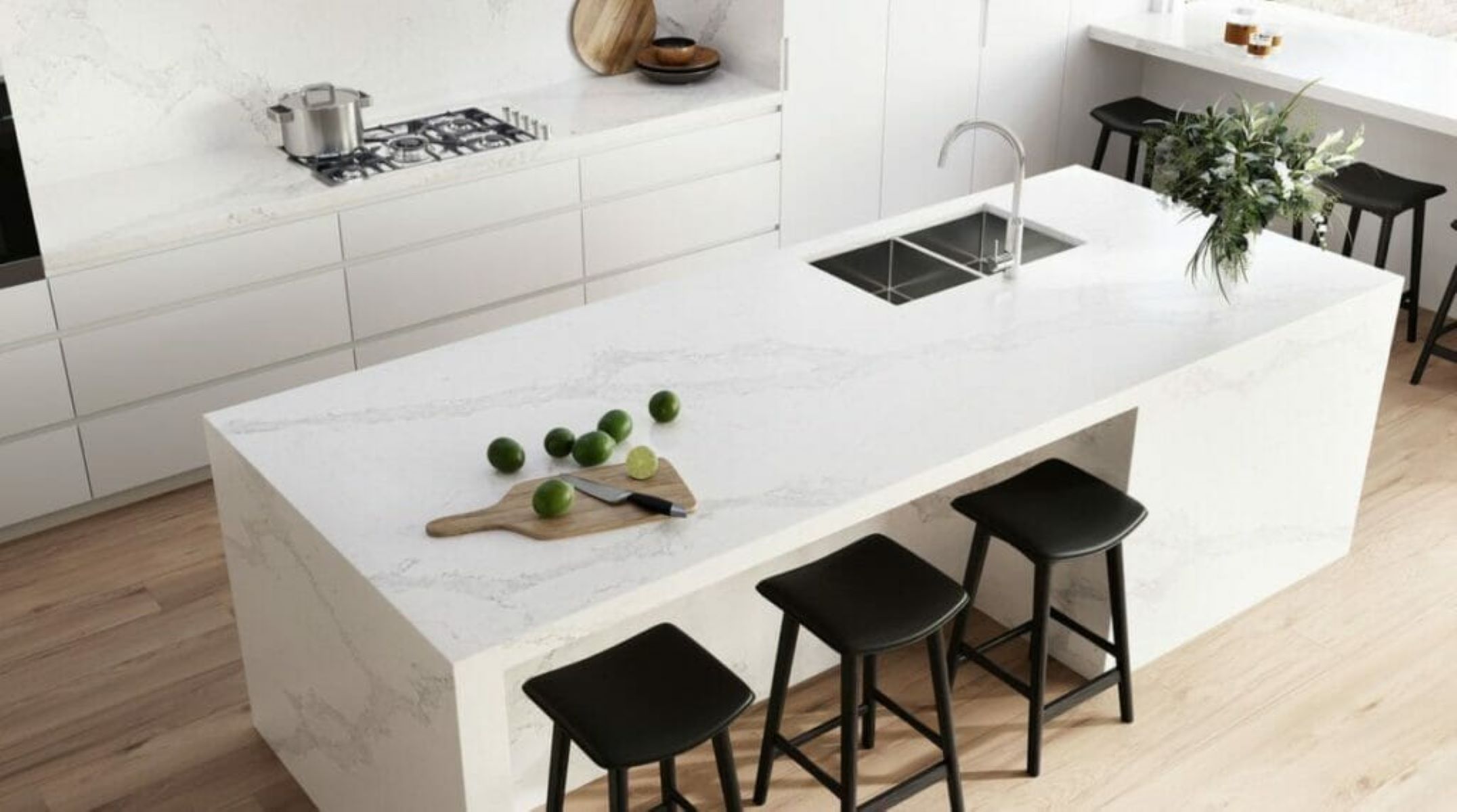
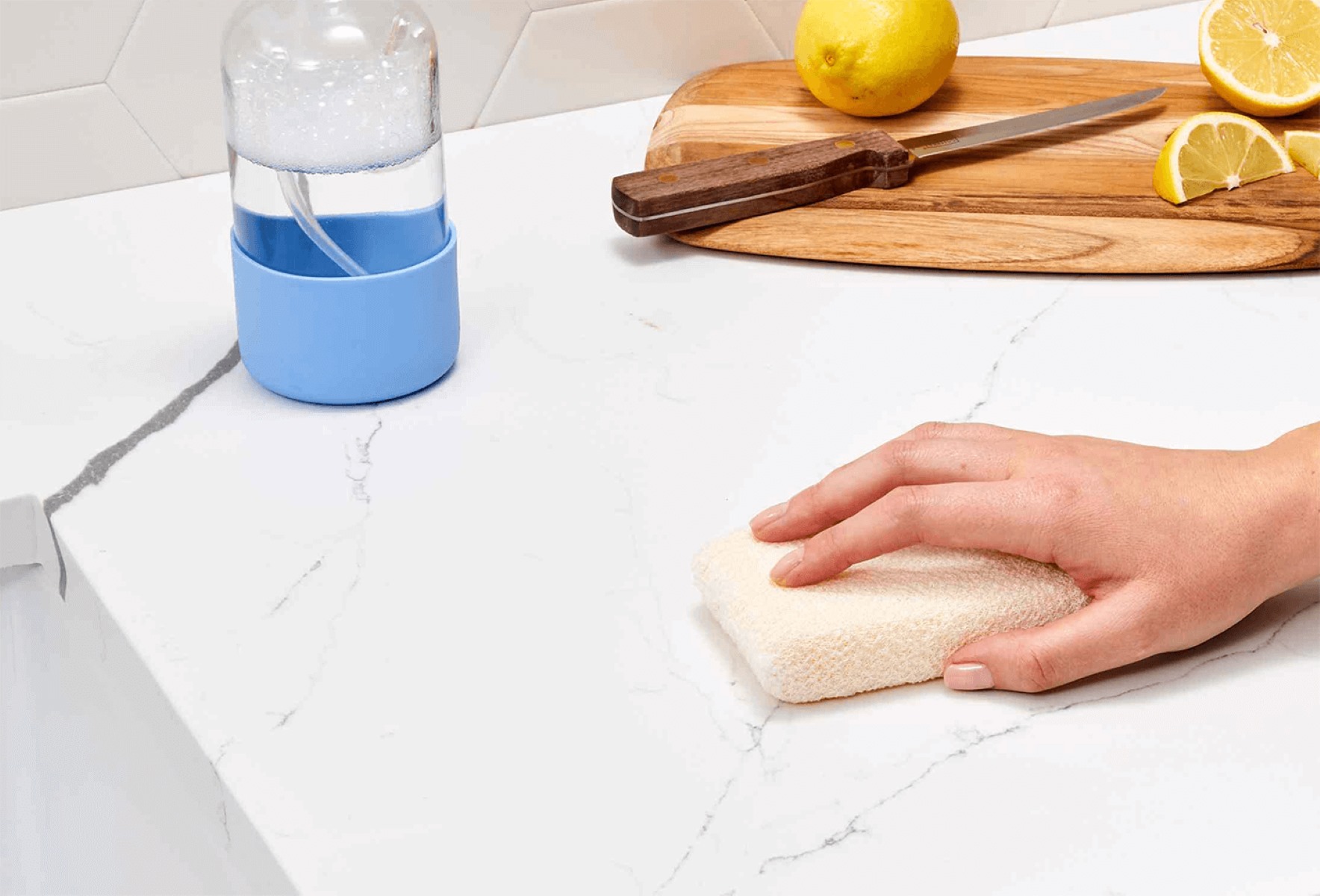
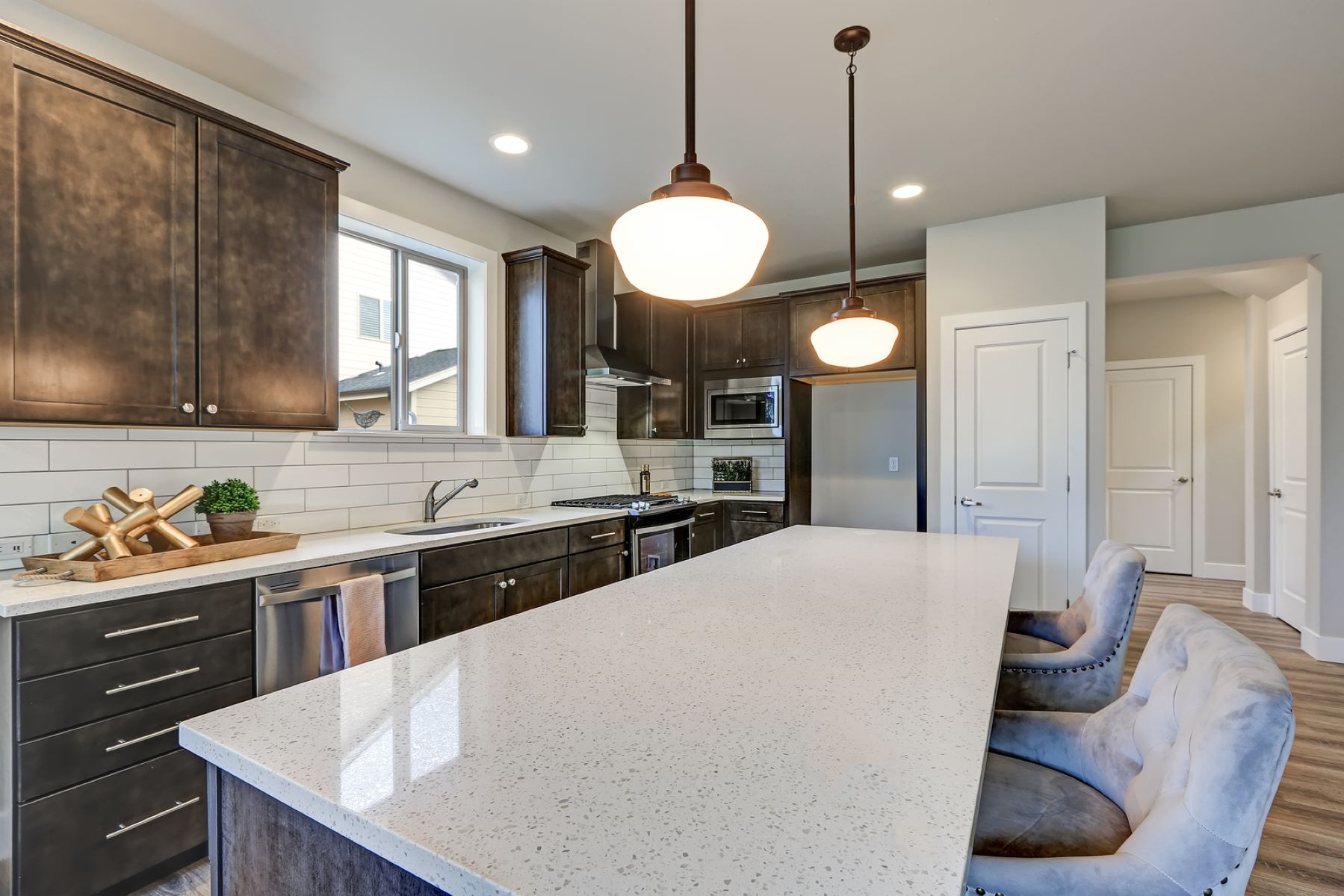
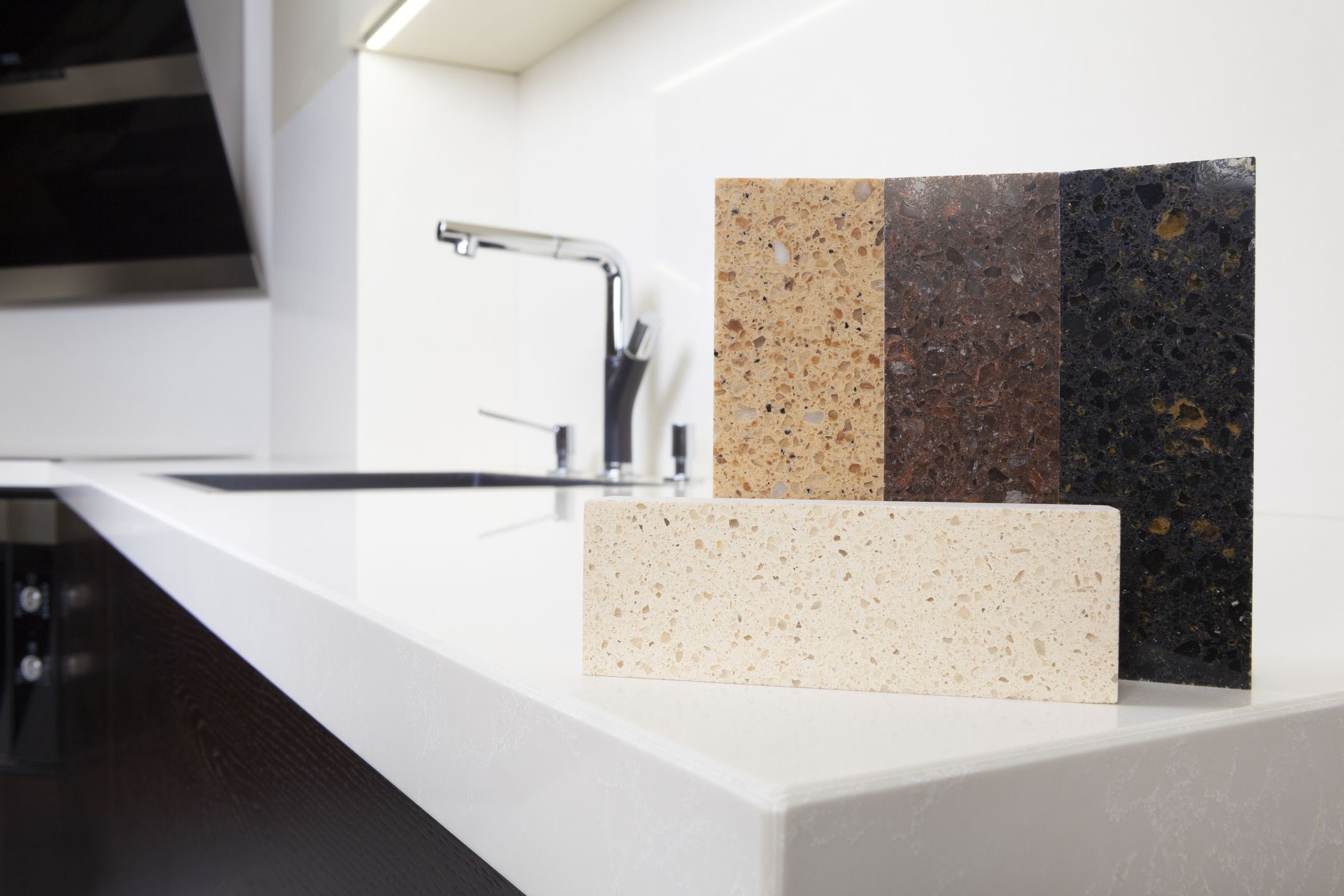
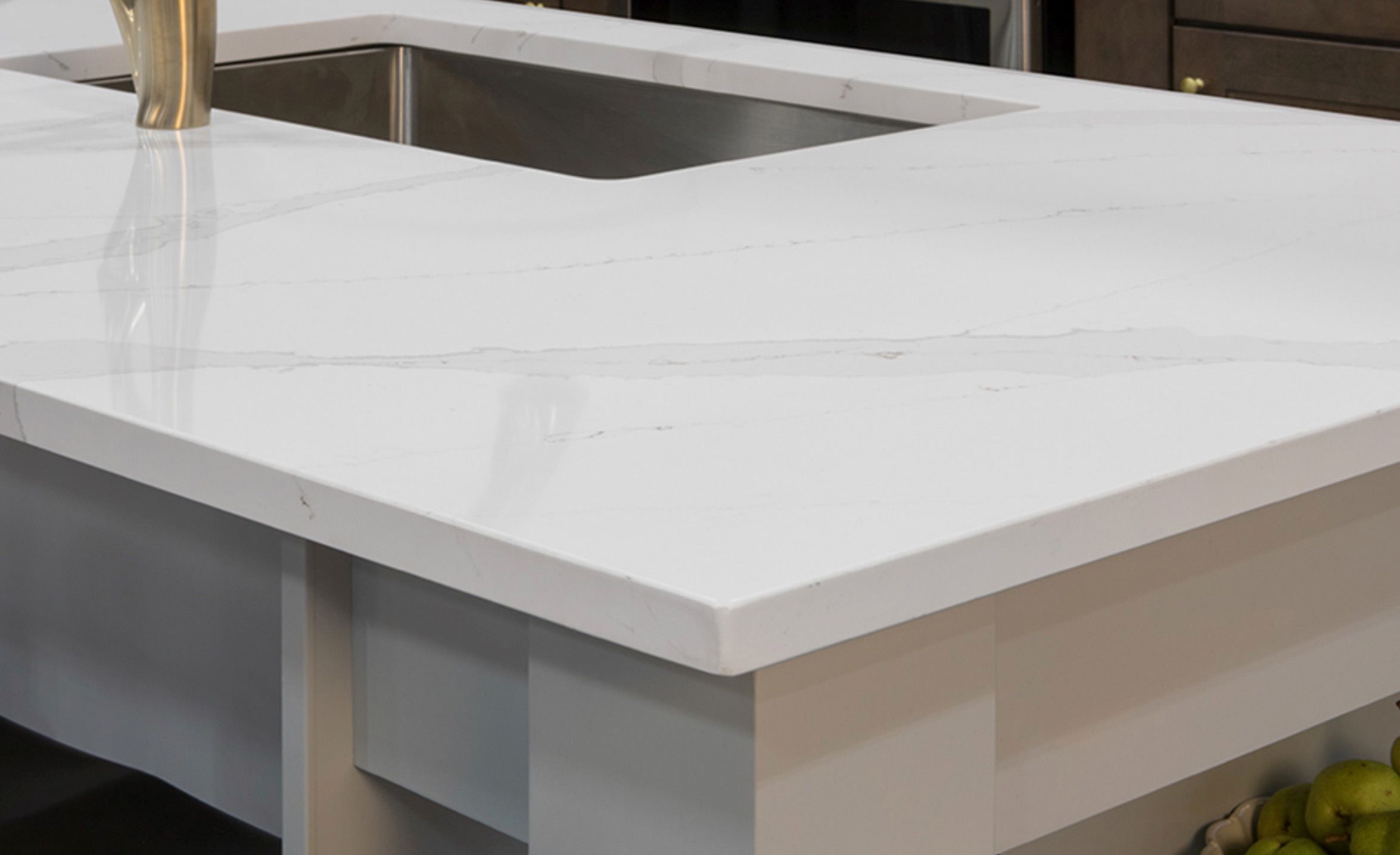

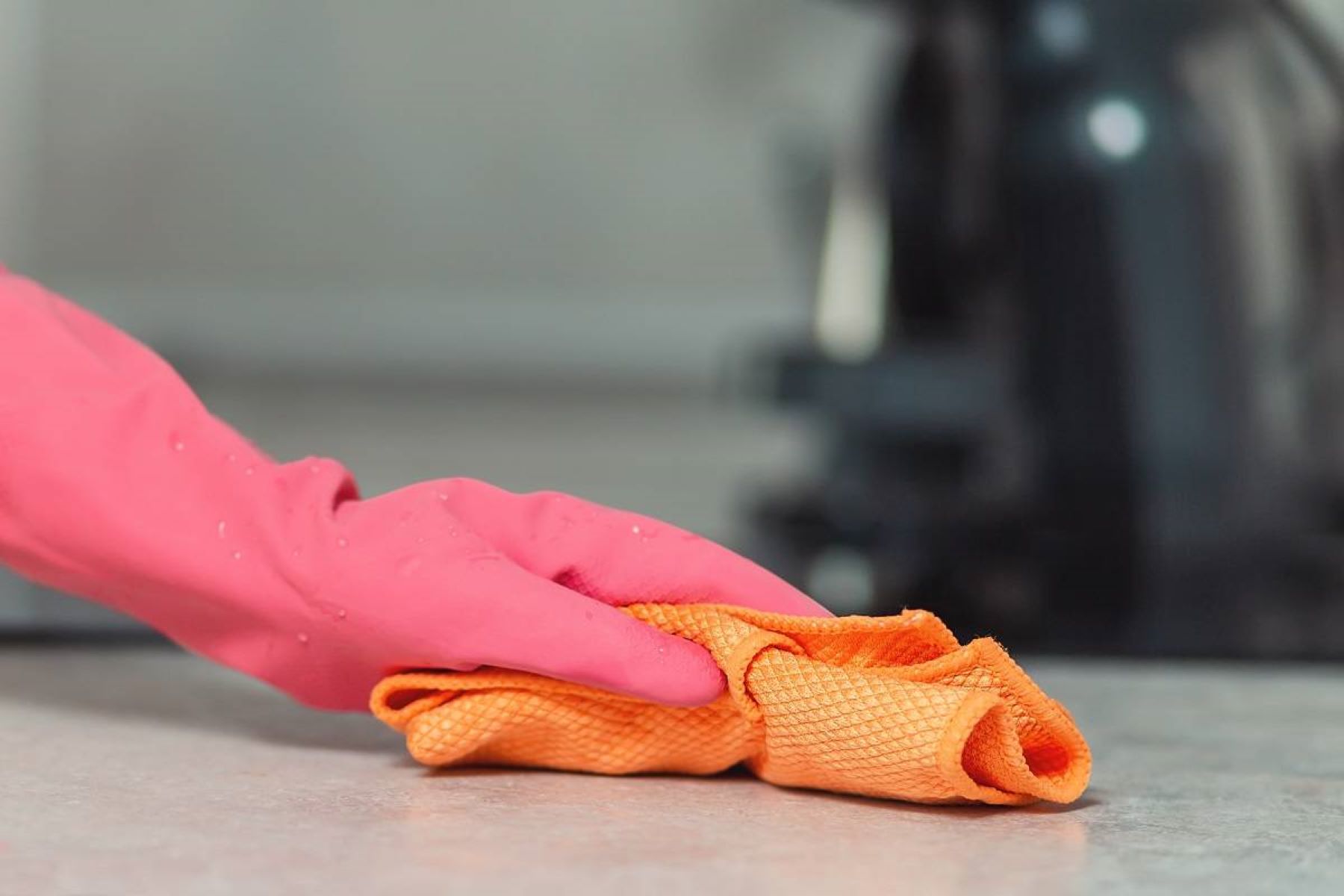
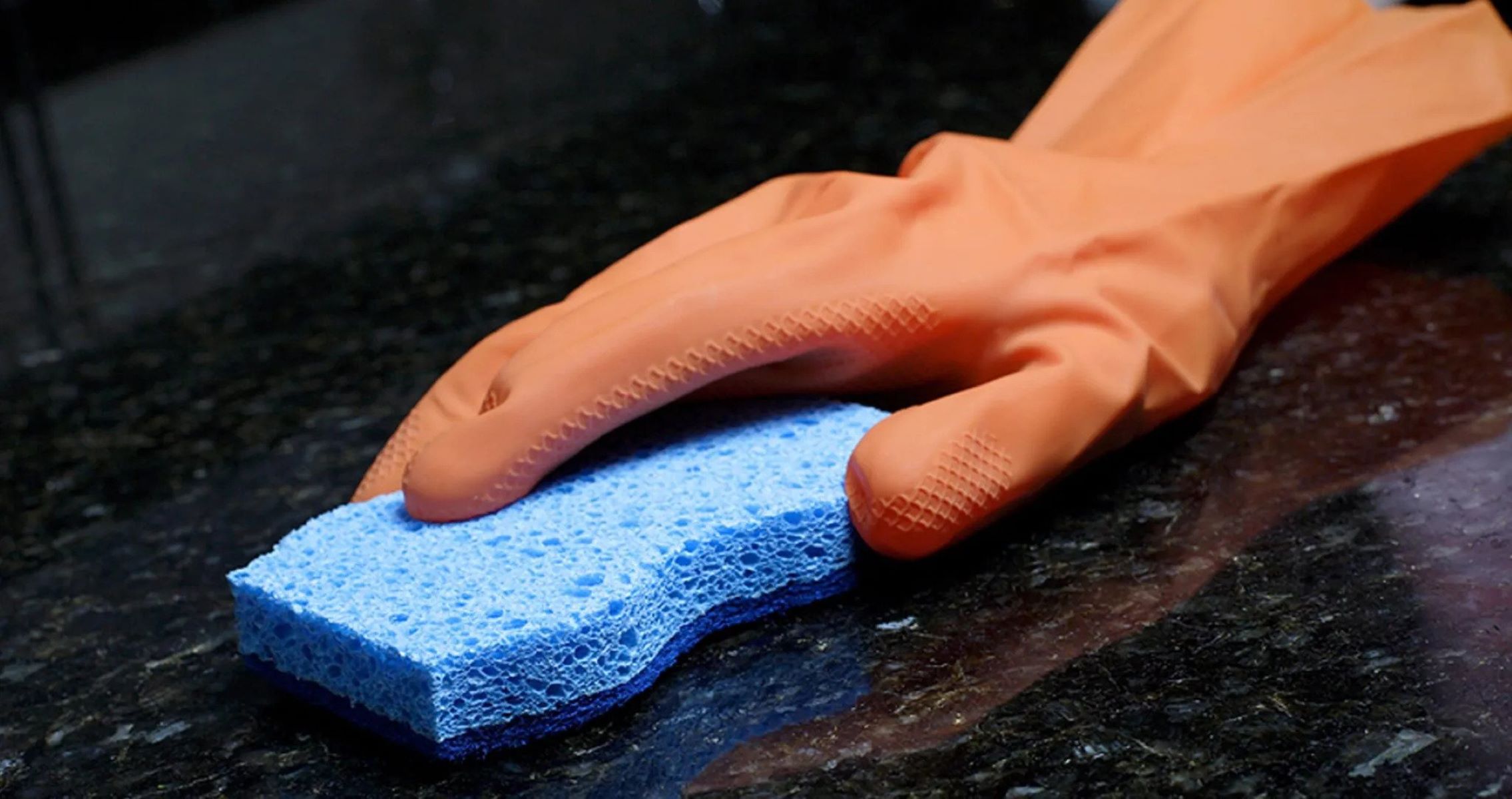
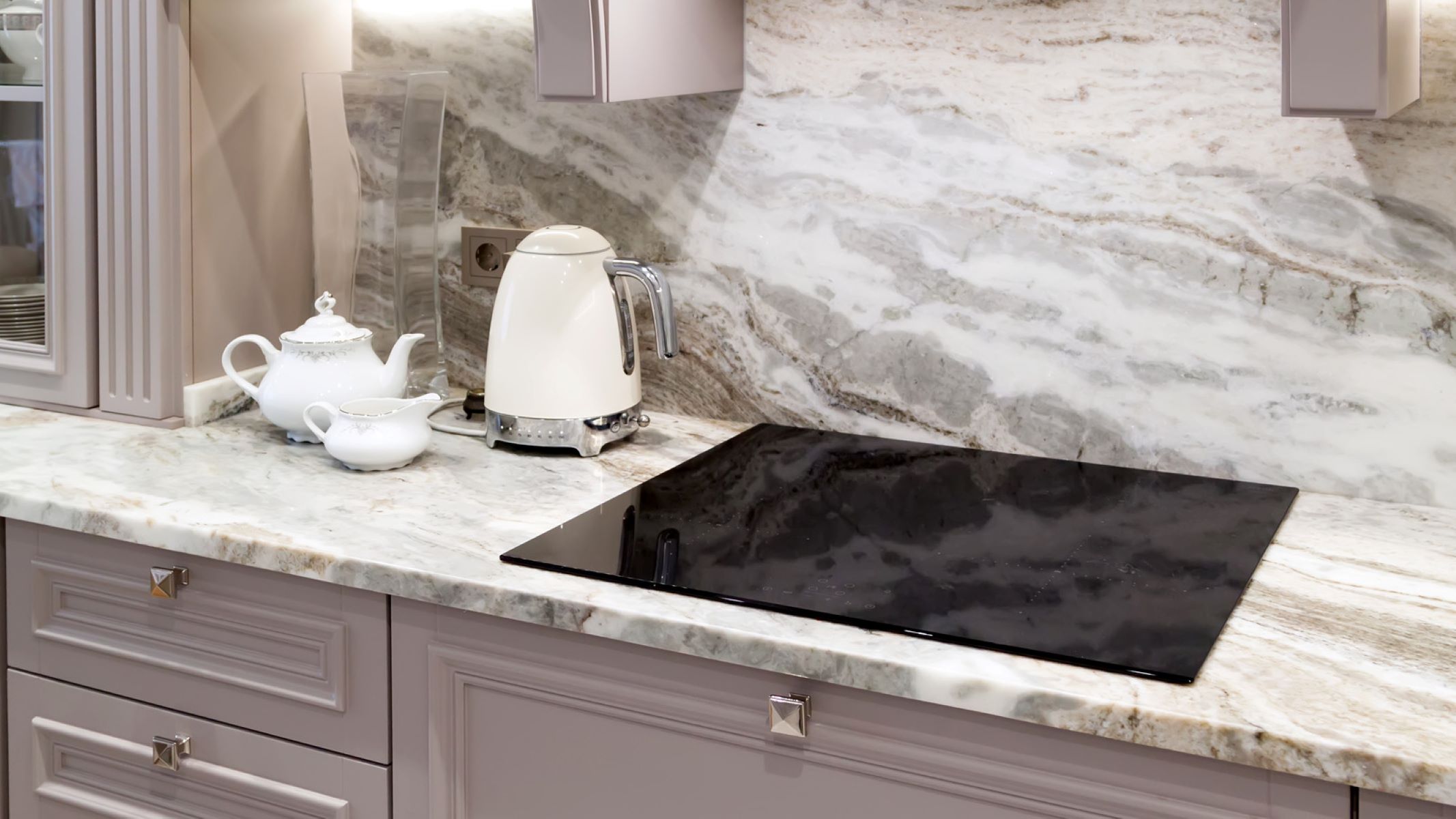
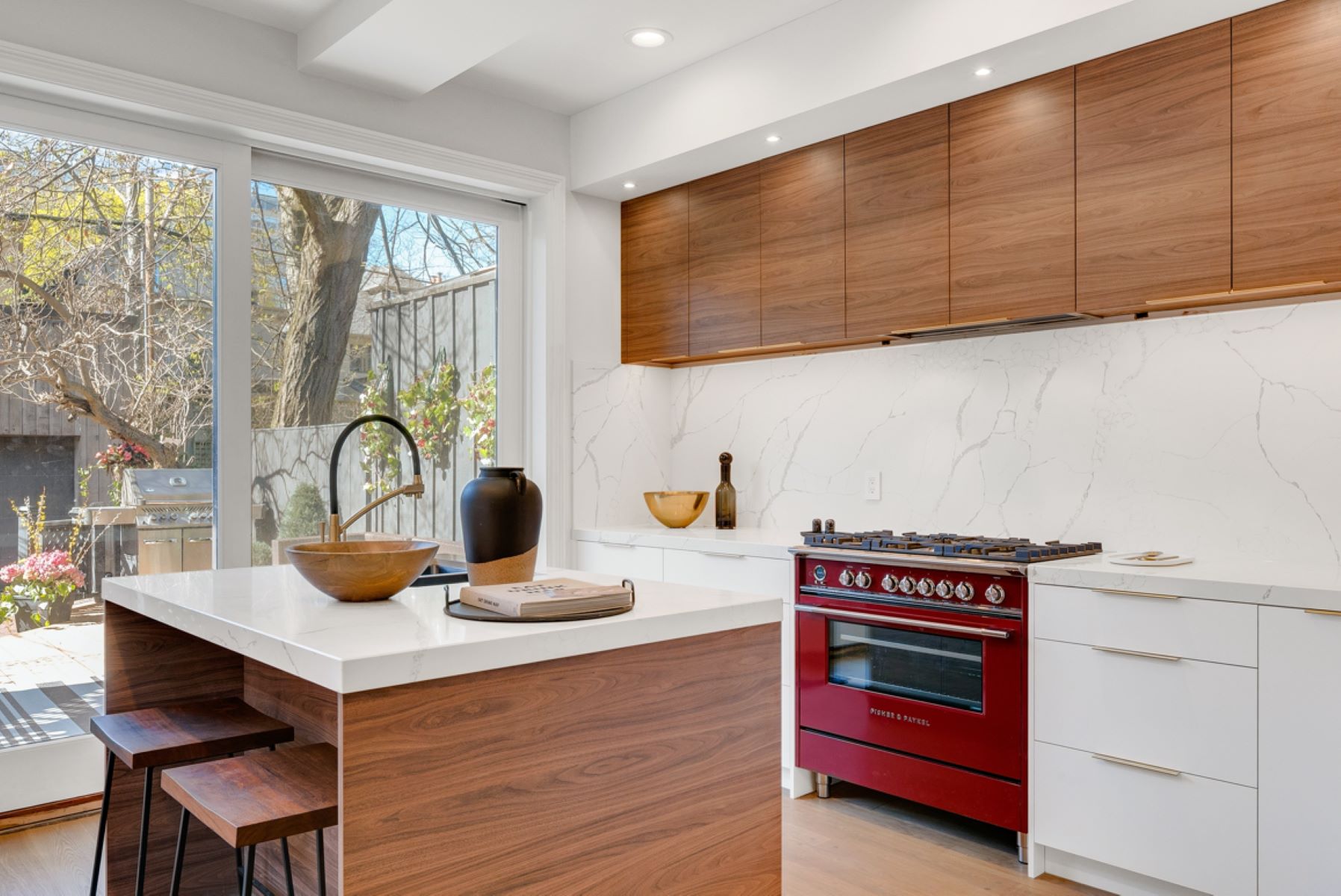
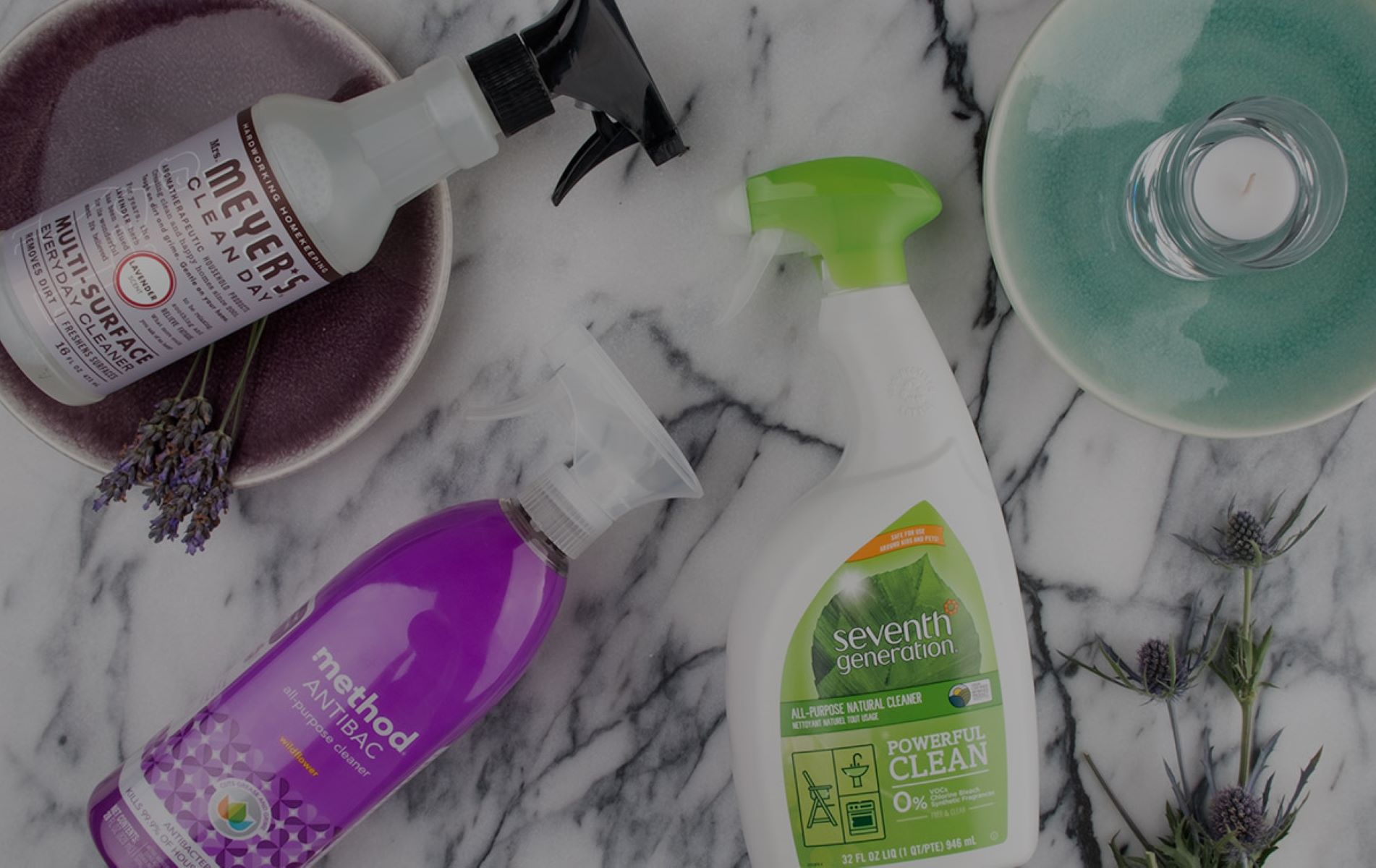
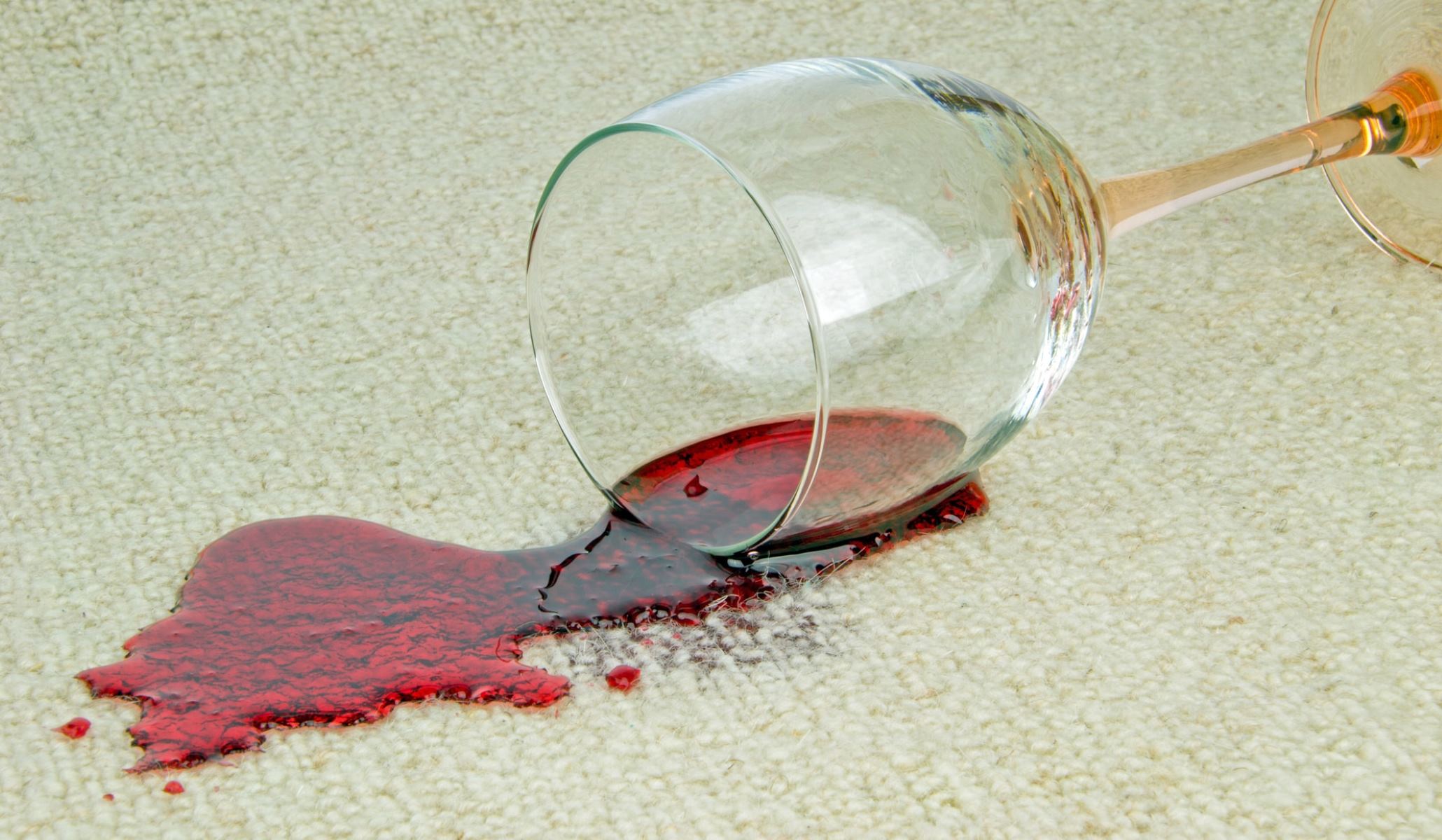
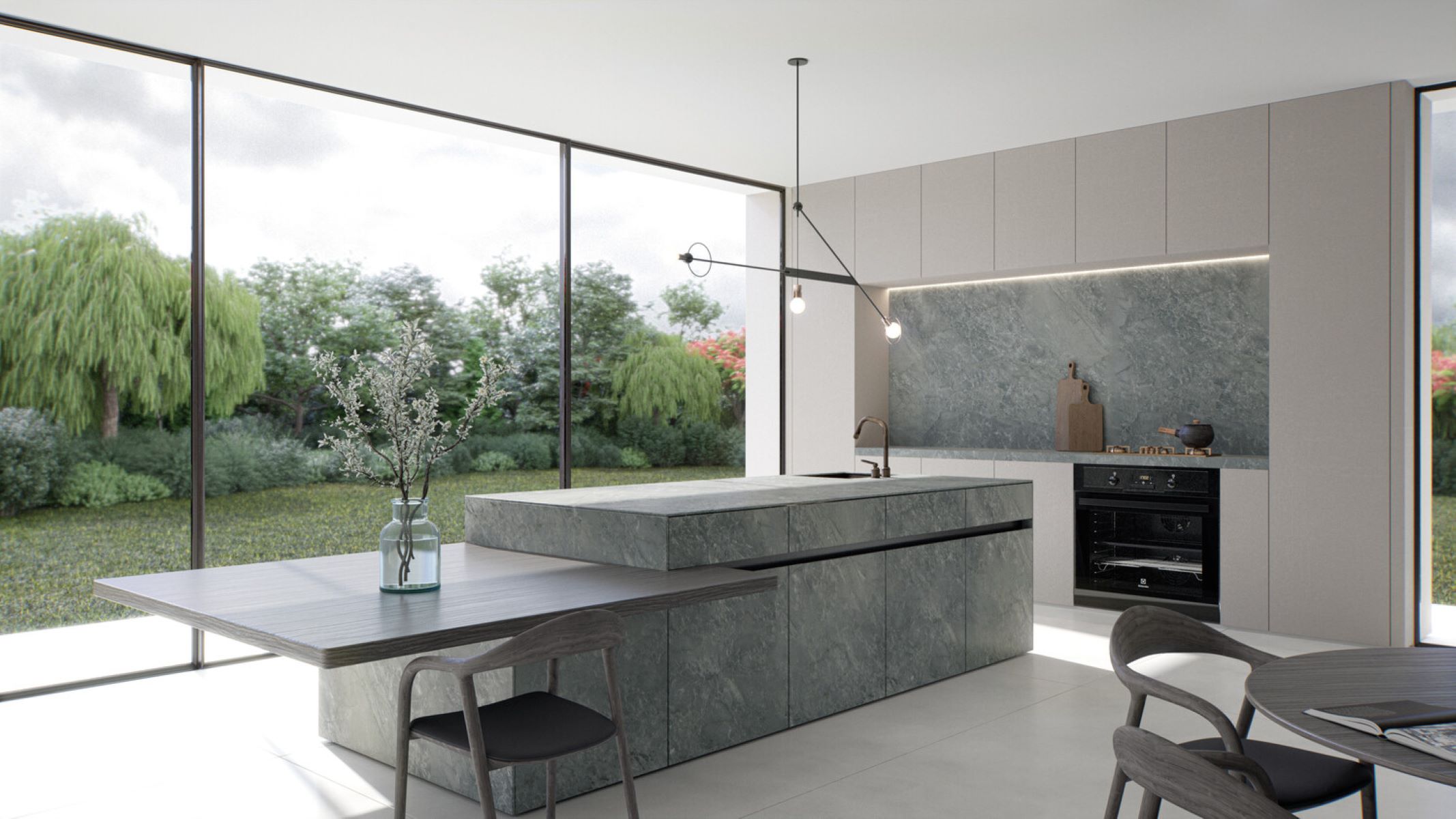
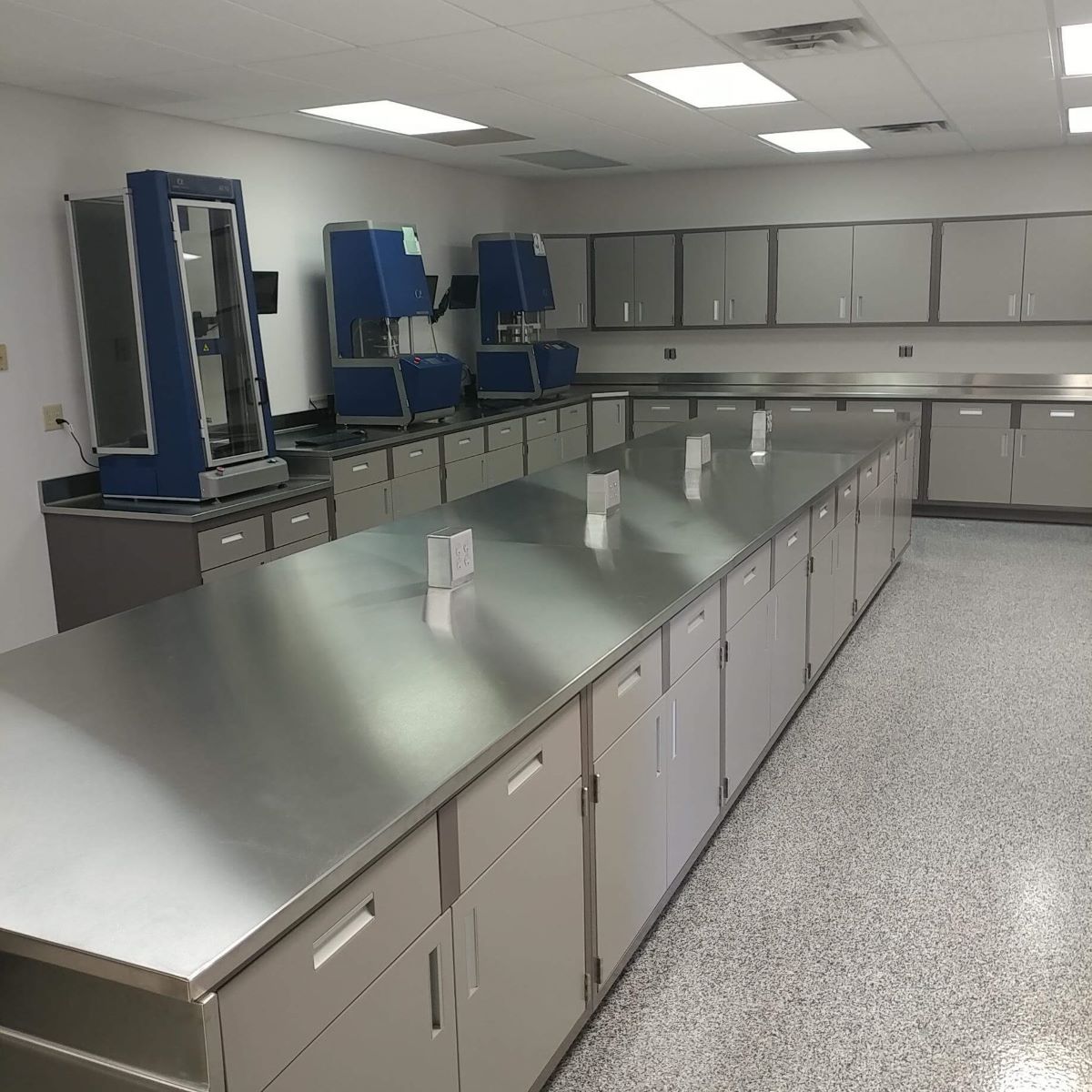

0 thoughts on “What Is Quartz Countertops Made From”